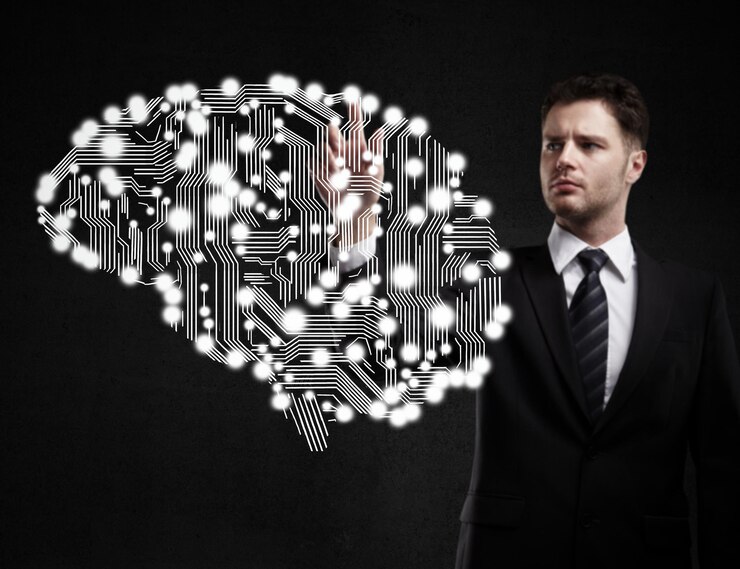Ethical challenges in artificial intelligence raise critical concerns for our digital age. At Red Connector, we explore how these dilemmas shape AI’s future. From biased data to privacy issues, the impact of ethical flaws is vast and urgent. Understanding these challenges is key to responsible innovation and fair technology development.
Ethical challenges in artificial intelligence continue to grow with rapid AI adoption across sectors. The way machines are trained and decisions are automated holds significant social weight. A fair and secure AI-driven world starts with identifying and addressing these ethical gaps.
Related:
Bias in AI Decision-Making
AI systems often reflect the biases present in the data they are trained on. These biases can impact hiring tools, loan approvals, and law enforcement algorithms. Ethical challenges in artificial intelligence demand transparent datasets and diverse input. Solutions include training teams to identify and minimize algorithmic bias.
Lack of Transparency in Algorithms
Many AI models operate as black boxes, making decisions without clear explanations. This opacity raises concerns in healthcare, finance, and criminal justice. Understanding how AI reaches conclusions is vital to ensuring accountability. Transparent algorithmic design helps reduce distrust and misuse.
Privacy and Data Security Risks
AI heavily depends on user data, creating risks of exposure and misuse. Facial recognition and tracking systems raise red flags about consent and surveillance. Ethical challenges in artificial intelligence require stronger regulation of data usage. Implementing secure AI systems is essential to protect individual rights.
Responsibility for AI Decisions
When AI systems cause harm or errors, assigning accountability is complicated. Should it fall on the developers, users, or companies? Ethical challenges in artificial intelligence push industries to define legal and moral responsibilities. Clear frameworks can help prevent negligence and ensure fair outcomes.
Impact on Employment and Job Roles
AI automation is changing workplaces, replacing certain roles while creating others. This transformation brings concerns about job security, skill gaps, and income inequality. Addressing ethical challenges in artificial intelligence requires strategies for workforce adaptation. Upskilling programs and ethical labor policies play a role.
Use of AI in Surveillance and Warfare
Governments and organizations use AI in monitoring citizens and developing autonomous weapons. These uses question fundamental rights and human safety. Ethical challenges in artificial intelligence highlight the need for global standards. Encouraging peaceful and democratic AI applications is crucial.
FAQs
Q1.What are the main ethical challenges in artificial intelligence?
A:Key challenges include bias, lack of transparency, data misuse, accountability gaps, and job displacement.
Q2.How can companies address ethical challenges in artificial intelligence?
A:They can prioritize ethical design, diverse datasets, human oversight, and transparent operations.
Q3.Why is transparency important in AI systems?
A:Transparency ensures users and regulators understand AI decisions, reducing misuse and increasing accountability.
Q4.How does AI affect personal privacy?
A:AI collects and analyzes vast personal data, raising risks of surveillance, identity theft, and unauthorized use.
Q5.Can ethical challenges in artificial intelligence be prevented?
A:While not fully preventable, early identification, strong regulation, and responsible design can reduce ethical risks.
Conclusion:
Ethical challenges in artificial intelligence are shaping how technology is developed, governed, and applied across industries worldwide. These challenges influence public trust, policy-making, and the overall direction of innovation.
By proactively addressing them, we lay the foundation for AI systems that are fair, secure, transparent, and genuinely beneficial to society. A future powered by responsible AI begins with ethical accountability today.


